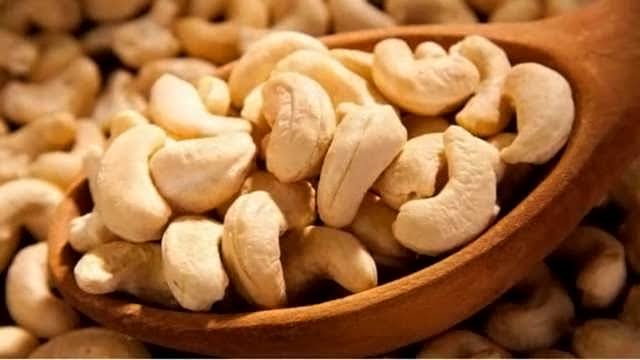Cashew exporters in Nigeria are projecting to produce two million metric tonnes for export. It was learnt that this would lead to a huge foreign exchange revenue earnings by the government, famers and exporters.
According to the President of National Cashew Association of Nigeria (NCAN), Dr Ojo Joseph Ajanaku, raw cashew value chain can generate N4.08 trillion ($2.4 billion) annually, saying that cashew value chain would become a money spinning venture for farmers and the country if it was given the needed attention based on the 22 cashew producing states in the country.
Ajanaku said that the association was building a national cashew policy to increase production, noting that currently the youth and women had been trained in the value chain as well.
The president said that the association had collaborated with the Federal Ministry of Agriculture and Food Security towards building a National Cashew Policy (NCP) to increase production.
Also, Ajanaku said that NCAN was working with international development partners for the same goals, explaining that there were over 13 by-products from cashew including, cashew syrup, cashew wine, cashew nutshell liquid more expensive than ethanol.
He said: “The cashew value chain can give to Nigeria $2.4 billion annually. What do we need to do? We just need to scale up our production. We have the land, people, and largest black nation in the world.
“We are to use the arable land to. plant cashew, and by the time we produce cashew to two million metric tones, which we can do in the country, we would have generated enough foreign exchange for the country.
We have a projection, and that is why we are building cashew nurseries, our target is to hit one million tonnes annually and we are looking at spreading Ogbomosho variety in Oyo State across because it is widely accepted.
“Also in Kwara because it is high yield and we want to spread it round the country so in one hectare of land, you can harvest as high as 800-1000kg. And this is our projection, and if we are able to hit it we are making another 500kg, we will make it 1,500kg, and in no time we will be able to get to two million metric tonnes which is our full target.”
Ajanaku explained that cashew demands labour for only two years or little more because it won’t produce after three years. “According to the Central Bank of Nigeria (CBN), it is around $300 million and $400 million, which is very low from cashew.
We mostly export the raw cashew, and that is what Nigerians present to collect the Export Expansion Grant, EEG, from the Federal Government. “We are working with international development partners to set up nursery farms across the nation, and also we are setting up our nursery in Benue State so it would not be far from the field in order to prevent losses.
“In Enugu, there was an abandoned cashew farm owned by the state, and we advised the government to share one plot each to the youths so they would not go and steal the cashew but now they have been apportioned a hectare each from the farm they are safeguarding it and it serves as an empowerment to them,” he said.
It was learnt that high quality and yield had placed Nigeria nuts as the best in West African countries, leading to a price of between $1,200 and $1,300 per tonne. However, in Benin and Cote d’Ivoire, the nut price is $825 per tonne and $497 per tonne respectively.
Also, it was revealed that more than 50 per cent of Nigerian cashew nuts were being smuggled to Benin, Togo and Cote d’Ivoire as prices have spiked in Vietnam for raw cashew nuts. In 2023, Nigeria produced an estimated 300,000 tonnes of raw cashew nuts.
However, this year, the country has seen significant growth in cashew production by 25 per cent, becoming the second largest producer in West Africa after Cote d’ Ivoire with low quality varieties.








